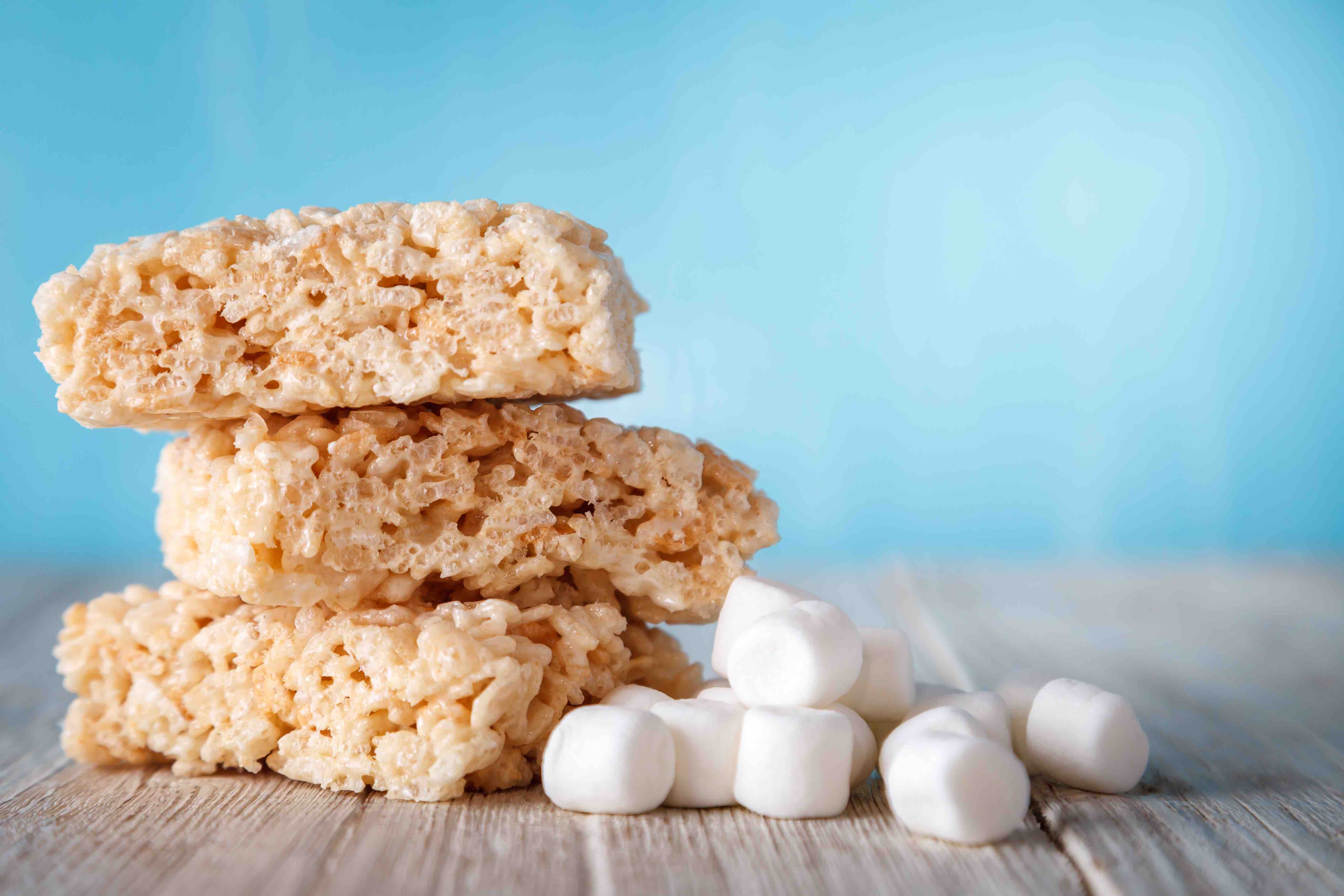Imagine that your 7th-grade child suiting up for a basketball game against the cross-town rival middle school or that your kid is getting ready for a Saturday volleyball game at the school’s gymnasium. These sports activities provide many benefits that include staying active, learning teamwork, and having fun. However, these athletic games can actually be detrimental to children’s health because of certain snacks they consume after games. According to Brigham Young University professor Lori Spruance, kids tend to eat more calories from snacks than burn from games.
Professor Spruance and her researchers studied 3rd and 4th graders across many different team sports as well as items they consumed after playing. They found that parents supplied sugary foods and drinks, with an average amount of 26.4 grams of sugar eaten just after each game; this is higher than the daily recommendation of 25 grams under the American Heart Association guidelines for the entire day. In terms of physical activity, the children played for just under a half hour. However, when you factor in how many calories they burned and ate after each game, these children ingested an extra 43 calories from each game. Over a year with multiple games week in and week out, it quickly adds up to many unnecessary additional calories.
Image Source: FatCamera
Professor Spruance and her team emphasize that more needs to be done to educate parents about unhealthy post-game snacks. Her team is working with organizers to try to figure out the best way to communicate this information to parents that include providing water or using produce as a snack. With these healthier alternatives, children can eat more fulfilling food with less processed sugars.
Playing sports should not only be fun but also show that a healthy diet goes hand in hand with a healthy lifestyle. The current culture at youth sporting events is to provide sugary snacks. A large amount of responsibility falls on parents to help change this unhealthy culture. Parents should help stage an intervention and provide healthier alternatives for the next generation.
Feature Image Source: © Philip Steury / Adobe Stock.










